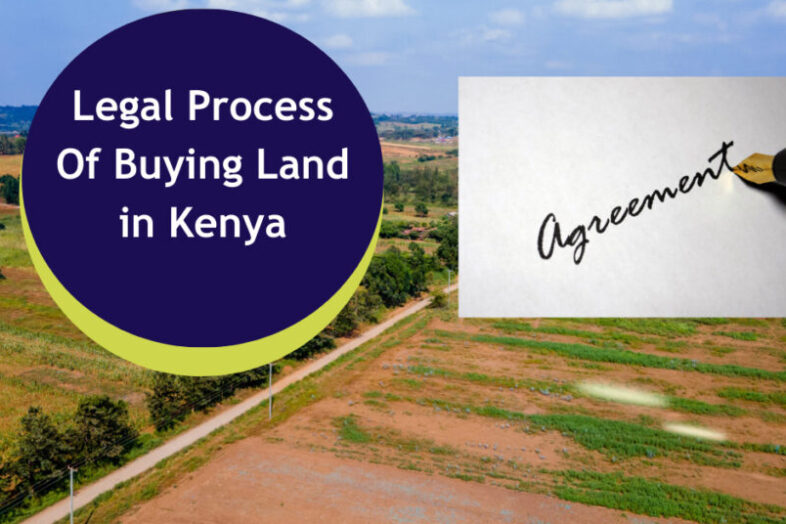
A Complete Guide to Buying Land in Kenya – Legal Steps & Costs
Buying land in Kenya can be one of the smartest investments you’ll ever make — but only if you do it the right way. Land fraud, fake titles, and unclear boundaries have cost many buyers millions. To avoid costly mistakes, you need to follow the correct legal process from start to finish.
In this guide, we walk you through the 5 essential steps to buying land in Kenya, plus all the costs involved.
Step 1: Identify the Land and Conduct a Search
Once you find land you’re interested in, visit the local land registry to perform an official search. This confirms the owner’s details and reveals any existing disputes, charges, or caveats.
Tip: Never rely on verbal claims or photocopies. Always get official search results from the Ministry of Lands.
Step 2: Verify Ownership and Boundaries
Check that the seller’s name matches the one on the original title deed. Engage a licensed surveyor to verify boundaries and ensure the plot’s size matches the survey map.
Step 3: Negotiate and Sign a Sale Agreement
Hire a registered advocate to draft the sale agreement. This protects both parties and outlines payment terms, timelines, and penalties.
Step 4: Payment and Transfer Process
Make all payments through your lawyer and never in cash. The transfer of ownership involves:
- Paying stamp duty (usually 4% for urban areas, 2% for rural)
- Clearing any land rates or rent arrears
- Submitting documents to the Ministry of Lands for registration
Step 5: Registration and Title Deed Issuance
Once the transfer is complete, the title deed is issued in your name. This is the final proof of ownership.
Costs to Expect When Buying Land in Kenya
- Search Fee: KSh 500
- Survey Fee: KSh 30,000 – KSh 100,000 (depends on size)
- Stamp Duty: 2–4% of land value
- Legal Fees: 1–2% of land value
- Land Rates/Rent Clearance: Varies by county
Common Mistakes to Avoid
- Skipping due diligence
- Trusting middlemen without contracts
- Paying full amount before transfer
- Ignoring zoning and development restrictions
Final Tip: Work with a trusted real estate agency like Gmalink Properties to ensure every step is handled professionally.

